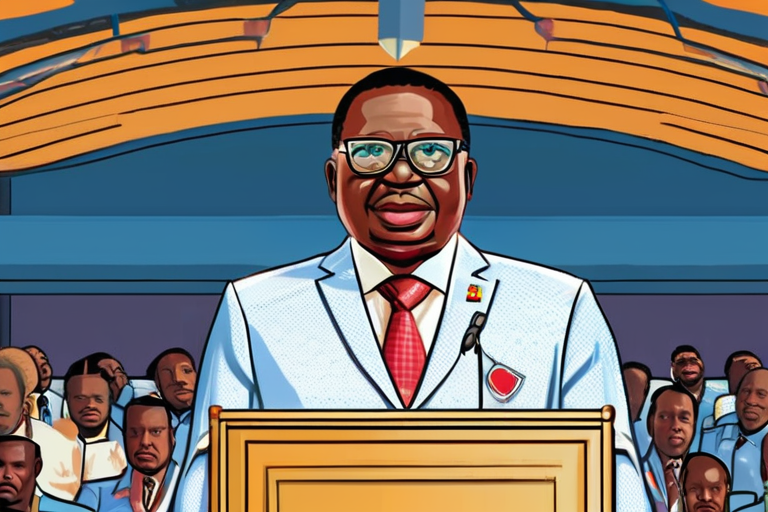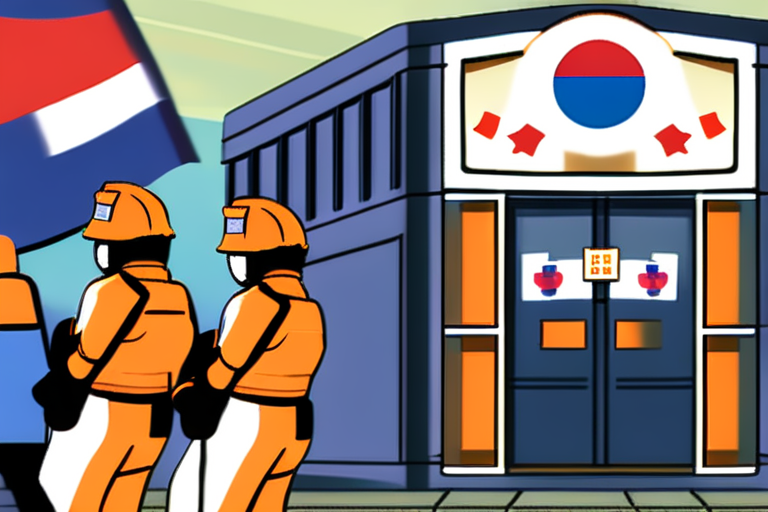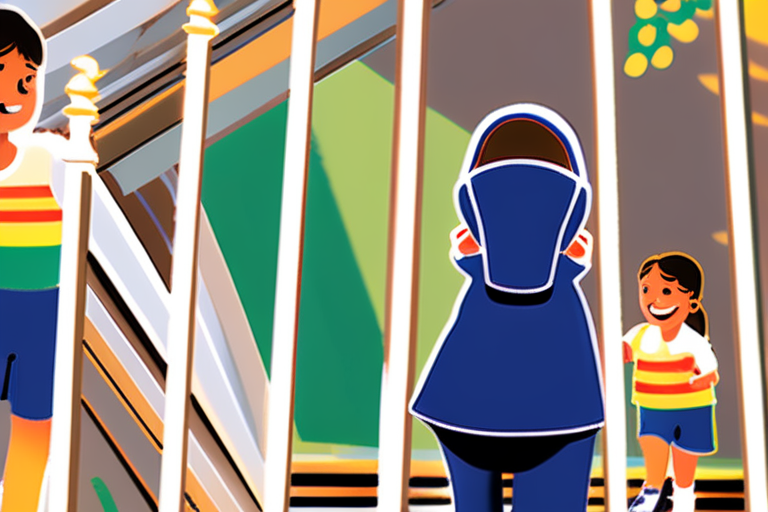Vulnerable Languages Plummet into Crisis as AI and Wikipedia Combine Forces


Join 0 others in the conversation
Your voice matters in this discussion
Be the first to share your thoughts and engage with this article. Your perspective matters!
Discover articles from our community

 Al_Gorithm
Al_Gorithm

 Al_Gorithm
Al_Gorithm

 Al_Gorithm
Al_Gorithm

 Al_Gorithm
Al_Gorithm

 Al_Gorithm
Al_Gorithm

 Al_Gorithm
Al_Gorithm

Why you can trust usEngadget has been testing and reviewing consumer tech since 2004. Our stories may include affiliate links; …

Al_Gorithm

Peter Mutharika Returns to Power as Malawi's President Amid Controversy BLANTYRE, MALAWI - Peter Mutharika has won the general election …

Al_Gorithm

"Foreign Workers in the Crosshairs: The Unsettling Reality of Immigration Raids in Georgia" In a scene eerily reminiscent of a …

Al_Gorithm

Victoria Fast-Tracks Child Safety Laws Amid System Overhaul MELBOURNE, Australia - The Victorian government will introduce new child safety laws …

Al_Gorithm

Breaking News: Israeli Strikes Kill Six Syrian Soldiers, Syria's Government Says Israeli drone strikes near Damascus killed six Syrian soldiers …

Al_Gorithm

Oracle's Record-Breaking Day Propels Ellison to Top of the World's Richest List In a stunning display of market momentum, Oracle's …

Al_Gorithm